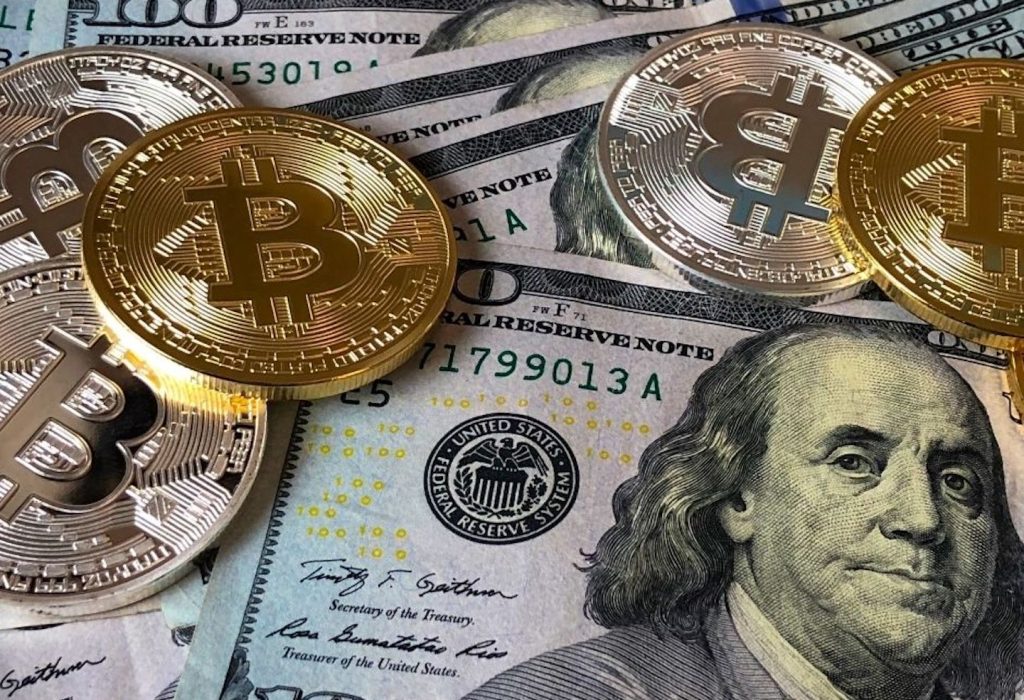Bitcoin Regulations: What Investors Need to Know, In the quickly developing universe of cryptographic money, Bitcoin remains as a main computerized resource. As its prominence floods, so too does the examination from administrative bodies. Financial backers should explore an intricate scene of Bitcoin regulations that differ essentially across wards. Understanding these guidelines is fundamental for anybody hoping to put resources into or exchange Bitcoin.
The Worldwide Scene of Bitcoin Regulations

Bitcoin works in a decentralized way, which presents remarkable difficulties for controllers around the world. Various nations approach Bitcoin with fluctuating levels of acknowledgment and administrative systems. Bitcoin Regulations: What Investors Need to Know.
US: An Interwoven of Regulations
In the U.S., Bitcoin guideline is divided. Numerous organizations regulate different parts of digital money:
- The Protections and Trade Commission (SEC): The SEC has ordered numerous cryptographic forms of money as protections, meaning they are dependent upon severe guidelines like stocks. This characterization influences Introductory Coin Contributions (ICOs) and exchanging stages.
- The Product Prospects Exchanging Commission (CFTC): The CFTC manages Bitcoin as a ware, regulating fates agreements and subsidiaries. This double oversight establishes a complex administrative climate for financial backers.
- State Regulations: Past government guidelines, individual states have their own regulations in regards to digital money. For example, New York’s BitLicense expects organizations to meet rigid consistence necessities to work.
European Association: A Brought together Approach?
The European Association is pursuing a more durable administrative structure for Bitcoin and other digital currencies. The proposed Markets in Crypto-Resources (MiCA) guideline expects to make uniform principles across EU part states. This regulation will give lucidity on the treatment of digital forms of money, including. Bitcoin Regulations: What Investors Need to Know.
- Authorizing Requirements: Organizations associated with crypto-resources might have with acquire licenses, guaranteeing they comply to monetary guidelines.
- Shopper Protection: MiCA incorporates arrangements to shield buyers from extortion and misdirecting data, a developing worry in the digital money space.
Key Guidelines Each Financial backer Should Know
Understanding explicit guidelines is pivotal for Bitcoin financial backers. Here are a few critical areas of concentration:
Charge Ramifications of Bitcoin Investments
In numerous locales, Bitcoin is treated as property for charge purposes. That’s what this characterization intends:
- Capital Additions Tax: When a financial backer sells Bitcoin for more than its price tag, the benefit is dependent upon capital increases charge. Financial backers should keep up with exact records of their exchanges to accurately report charges.
- Detailing Requirements: The IRS in the U.S. also, other duty specialists expect people to report their cryptographic money possessions. Inability to do so can prompt punishments. Bitcoin Regulations: What Investors Need to Know.
Against Illegal tax avoidance (AML) and Know Your Client (KYC) Regulations
Administrative bodies overall are progressively centered around forestalling tax evasion and fear monger supporting through cryptographic forms of money. This center has prompted the execution of AML and KYC guidelines, which require:

- Personality Verification: Trades should confirm the characters of their clients, guaranteeing that supports come from real sources.
- Exchange Monitoring: Progressing observing of exchanges identifies dubious exercises, adding an extra layer of safety for financial backers.
Venture Assurance Regulations
A few nations have laid out venture insurance guidelines explicitly for cryptographic money financial backers. For example:
- Protection Policies: A few trades offer protection on computerized resources, safeguarding clients against hacks or bankruptcies.
- Legitimate Systems for Debate Resolution: Administrative bodies are creating structures to deal with questions among financial backers and trades, giving lawful response to financial backers.
Challenges Financial backers Face with Regulations
While guidelines plan to safeguard financial backers, they additionally present difficulties:
Administrative Uncertainty
The developing idea of Bitcoin guidelines can make vulnerability for financial backers. Administrative changes can happen rapidly, affecting economic situations and speculation systems. Remaining informed is indispensable for settling on sound speculation choices.
Consistence Costs
For organizations working in the digital currency space, consistence with guidelines can be expensive. These costs might be passed down to buyers, influencing exchanging charges and in general market elements.
Worldwide Disparities
Financial backers working globally should know about contrasting guidelines across purviews. What is allowable in one nation might be unlawful in another, convoluting cross-line ventures.
Future Patterns in Bitcoin Regulation
As Bitcoin keeps on building up forward momentum, we can anticipate that few patterns should shape the administrative scene:
Expanded Administrative Clarity
Administrative bodies are pursuing giving more clear rules to cryptographic money. As structures become more characterized, financial backers will profit from better direction and comprehension of their commitments.
Incorporation with Customary Finance
The developing interest in digital currencies from customary monetary establishments is pushing for additional coordinated administrative systems. This shift might prompt expanded authenticity for Bitcoin and cultivate more extensive reception.
Center around Security and Misrepresentation Prevention
As digital currency markets mature, controllers will probably stress security and extortion anticipation. This center will safeguard financial backers and improve the general security of the market.
End: Exploring Bitcoin Regulations
Taking everything into account, understanding Bitcoin guidelines is pivotal for any financial backer hoping to explore this unique market. By finding out more about the worldwide administrative scene, charge suggestions, and consistence necessities, financial backers can settle on informed choices that line up with their monetary objectives. Remaining refreshed on administrative changes and patterns will be fundamental as the digital money market advances.

Financial backers ought to stay proactive in their examination and talk with legitimate and monetary experts to guarantee consistence with pertinent regulations and guidelines. Thusly, they can partake in the advantages of Bitcoin venture while limiting dangers related with administrative difficulties.

